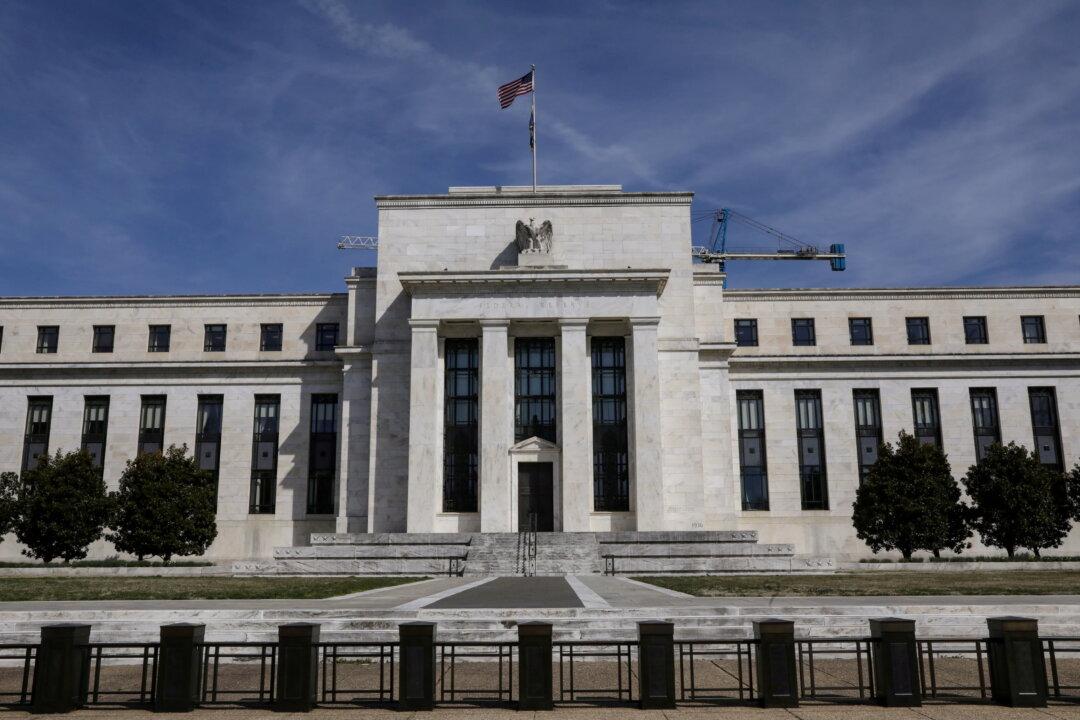The president of the world’s largest investment bank says that a “deeper recession” is an acceptable price for taming high inflation.
Daniel Pinto, president and chief operating officer at JPMorgan, told CNBC in a recent interview that he supports the Federal Reserve’s aggressive interest rate hikes.“I think putting inflation back in a box is very important,” he said in the interview. “If it causes a slightly deeper recession for a period of time, that is the price we have to pay.”





